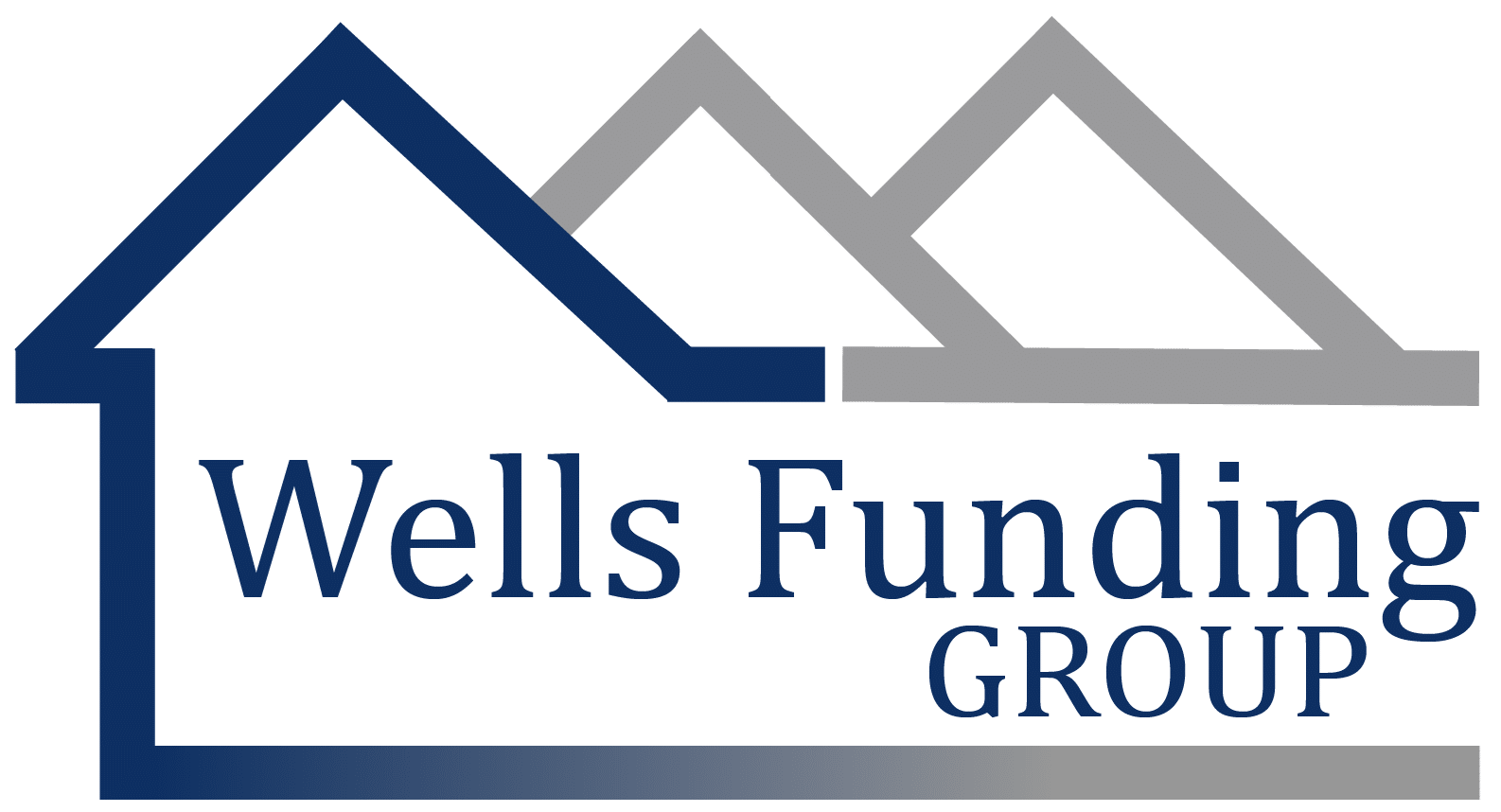If you’re concerned about how a potential recession could impact the housing market, it’s important to look at the historical trends to better understand what might happen. While recessions often bring economic uncertainty, history shows that the housing market doesn’t always follow the same downward trend.
In fact, in four of the last six recessions, home prices actually appreciated. This is a key point to note, as it demonstrates that the housing market is not always negatively impacted by broader economic downturns. The exceptions were during the early 1990s and the housing crash of 2008, which were marked by specific housing-related issues, such as a housing bubble and subprime mortgage crisis. Outside of these two recessions, home prices have either held steady or increased during periods of economic contraction.
Another trend we see is that mortgage rates tend to decline during recessions. As the economy slows down, the Federal Reserve often lowers interest rates to stimulate borrowing and spending. This can make buying a home more affordable for many buyers, as lower mortgage rates can reduce monthly payments and increase purchasing power.
So, while there’s no crystal ball for predicting the future, the historical data suggests that home prices and mortgage rates can actually work in favor of buyers during a recession. If you’re considering buying or selling a home, it’s important to work with a real estate professional who can help you navigate any changes in the market, whether they’re driven by economic shifts or other factors.
If you have questions about how a potential recession might affect your home buying or selling plans, let’s connect. I’m here to help you understand your options and make the best decision for your situation.

![What Does a Recession Mean for the Housing Market? [INFOGRAPHIC] | Simplifying The Market](https://www.wellsfundinggroup.com/wp-content/uploads/2022/08/20220826-KCM-Share-549x300-1.png)
![What Does a Recession Mean for the Housing Market? [INFOGRAPHIC] | Simplifying The Market](https://www.wellsfundinggroup.com/wp-content/uploads/2022/08/20220826-MEM.png)